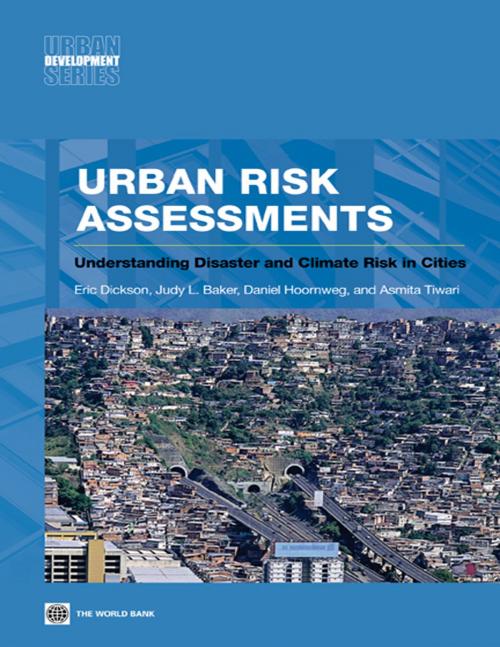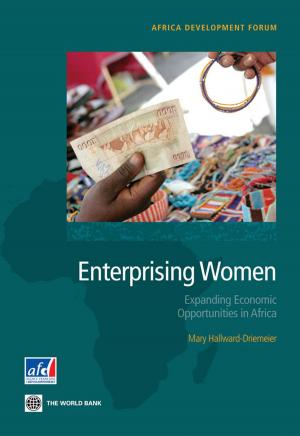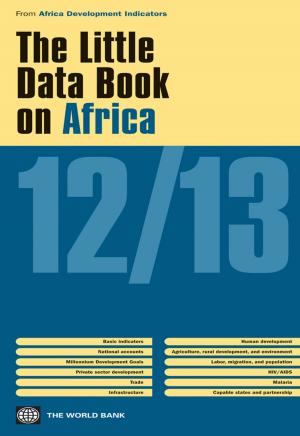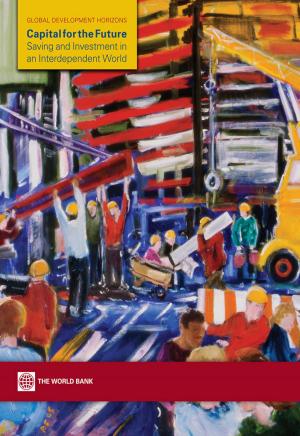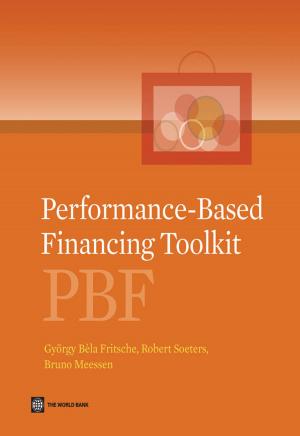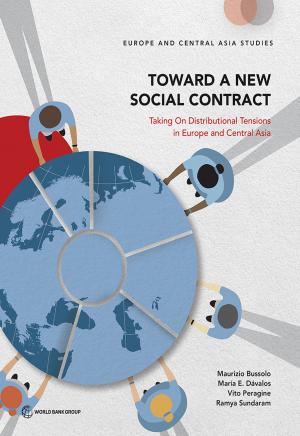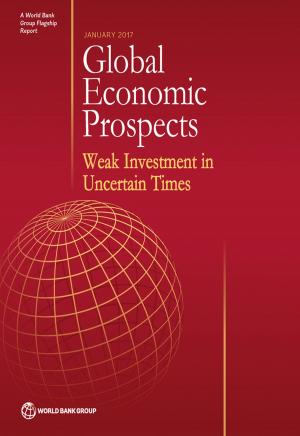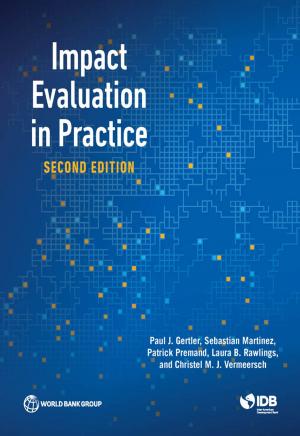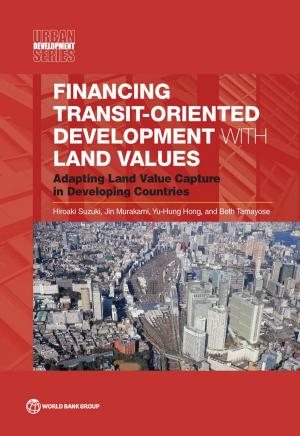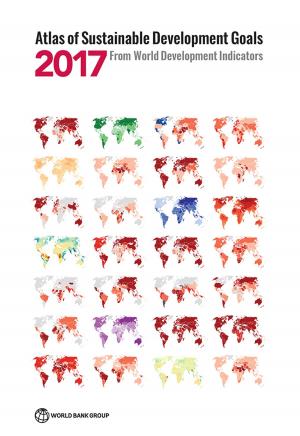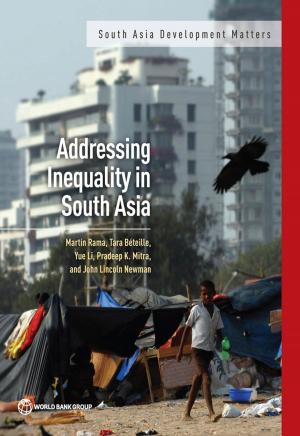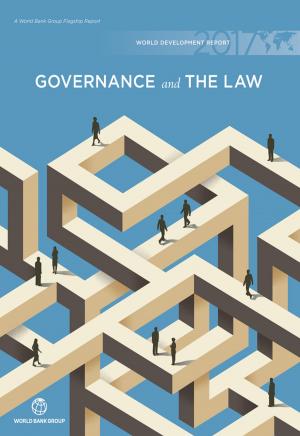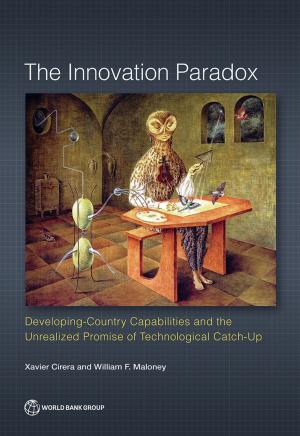Urban Risk Assessments: An Approach for Understanding Disaster and Climate Risk in Cities
Business & Finance, Economics, Urban & Regional, Economic Development| Author: | The World Bank | ISBN: | 9780821389638 |
| Publisher: | World Bank Publications | Publication: | June 22, 2012 |
| Imprint: | Language: | English |
| Author: | The World Bank |
| ISBN: | 9780821389638 |
| Publisher: | World Bank Publications |
| Publication: | June 22, 2012 |
| Imprint: | |
| Language: | English |
This book presents a framework, the Urban Risk Assessment, for assessing disaster and climate risk in cities which is intended to assist in decision-making, urban planning, and designing risk management programs. The approach seeks to strengthen coherence and consensus within and across cities in understanding and planning for risk from natural disasters and climate change. The target audience for this book includes policy makers, urban practitioners and technical staff, and international organizations. The Urban Risk Assessment is a flexible approach based on three reinforcing pillars that collectively contribute to the understanding of urban risk: a hazard impact assessment, an institutional assessment, and a socioeconomic assessment. The URA is designed to allow flexibility in how it is applied dependent on available financial resources, available data relating to hazards and its population, and institutional capacity of a given city. Based on the identified needs and priorities, city governments can select the most appropriate level of risk assessment. Chapters 1 and 2 of the book are aimed at policy makers with information on why and how to invest in measures that strengthen the understanding of urban risk; Chapter 1 provides background information on the growing importance of disaster and climate risk management strategies at the city level and Chapter 2 provides guidance on how to operationalize and mainstream the Urban Risk Assessment with ongoing urban management and development activities. Chapters 3 and 4 are aimed at practitioners, and provide details on the conceptual approach, components, uses, and monitoring requirements for carrying out an Urban Risk Assessment.
This book presents a framework, the Urban Risk Assessment, for assessing disaster and climate risk in cities which is intended to assist in decision-making, urban planning, and designing risk management programs. The approach seeks to strengthen coherence and consensus within and across cities in understanding and planning for risk from natural disasters and climate change. The target audience for this book includes policy makers, urban practitioners and technical staff, and international organizations. The Urban Risk Assessment is a flexible approach based on three reinforcing pillars that collectively contribute to the understanding of urban risk: a hazard impact assessment, an institutional assessment, and a socioeconomic assessment. The URA is designed to allow flexibility in how it is applied dependent on available financial resources, available data relating to hazards and its population, and institutional capacity of a given city. Based on the identified needs and priorities, city governments can select the most appropriate level of risk assessment. Chapters 1 and 2 of the book are aimed at policy makers with information on why and how to invest in measures that strengthen the understanding of urban risk; Chapter 1 provides background information on the growing importance of disaster and climate risk management strategies at the city level and Chapter 2 provides guidance on how to operationalize and mainstream the Urban Risk Assessment with ongoing urban management and development activities. Chapters 3 and 4 are aimed at practitioners, and provide details on the conceptual approach, components, uses, and monitoring requirements for carrying out an Urban Risk Assessment.
